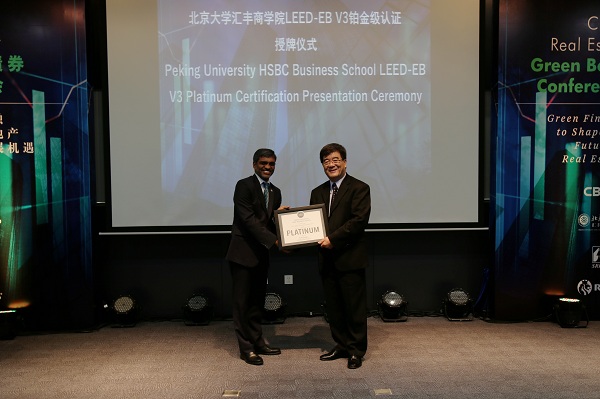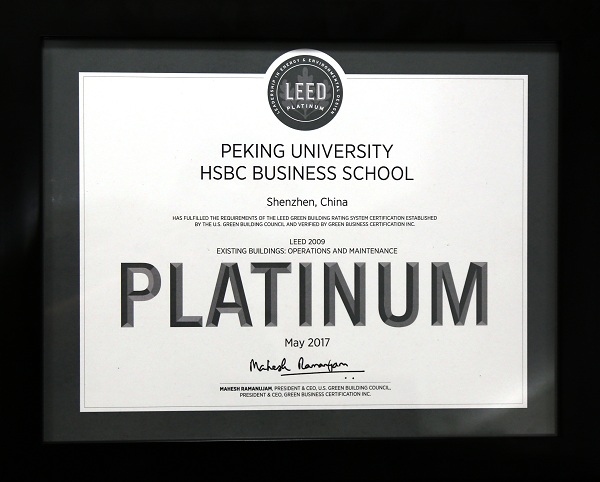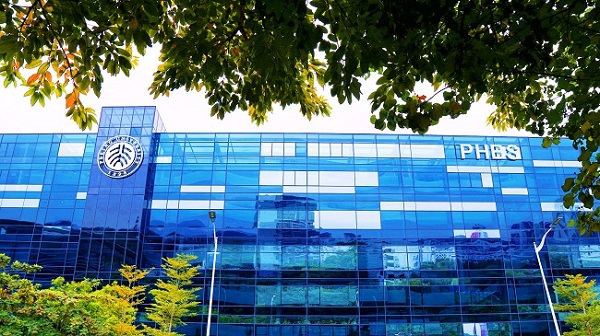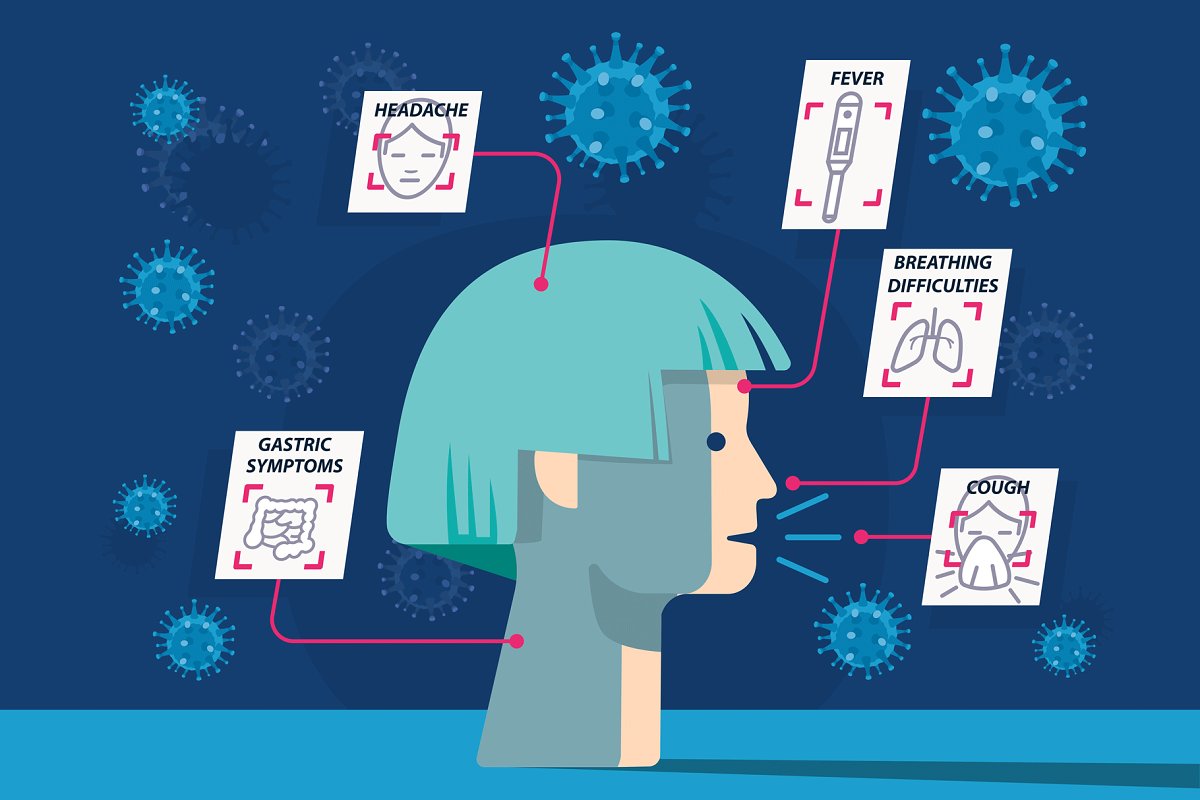On June 5, 2017, the 46
th World Environment Day, Peking University HSBC Business School (PHBS) was granted LEED Platinum Certification for PHBS building, becoming the first business school certified LEED worldwide.
LEED-certified buildings are resource efficient, as they use less water and energy and reduce greenhouse gas emissions. To achieve LEED certification (Platinum and Gold are the two highest rankings), projects must meet a set of prerequisites and earn points in areas such as energy, alternative transportation options, indoor environmental quality, and water efficiency. The LEED EBOM V3 Platinum certification was granted to PHBS on China Real Estate Green Bond Conference held at PHBS this Monday.
The conference brought together experts in green economy to discuss the sustainable development of China’s real estate sector, marking a turning point in the global transition to a green economy. Supported by favourable policies and market conditions, green buildings are playing an increasingly important role in investment strategies.
Mahesh Ramanujam, president and CEO of Green Building Certification Institute (GBCI) handed over this platinum certification to Wen Hai, vice chairman of Peking University School Council and PHBS dean, making PHBS the first business school granted with green building certification worldwide.
Acceptance of LEED EBOM V3 Platinum Certification
What is LEED?
Nowadays, serious environmental issues such as air pollution, overpopulation, energy shortages are threatening human’s living conditions. Facing with the ever-worsening environment, people’s demand for “green life” has been increasingly urgent. Under such circumstances, “green building” comes into being, which are environmentally friendly, energy-efficient and harmonious. There are kinds of evaluation criteria for green buildings; however, the criterion of LEED rating system has been verified to be the most authoritative among them.
LEED, which is the abbreviation of Leadership in Energy & Environmental Design Building Rating System, is formulated and introduced by USGBC. And the core objective of LEED is to convert the existing architectural concepts and architectures to an environmentally friendly way, hence to improve people’s living environment and shoulder social and environmental responsibilities.
LEED EBOM V3 Platinum Certification for PHBS Building
Why PHBS can obtain the LEED?
With the construction area of nearly 56,000 km², PHBS building has multiple offices, many classrooms, a grand conference hall, and a financial laboratory, and is able to accommodate 300 faculty members and 3000 students at the same time. This building was built according to green concept and environmentally friendly concern, thus using such green technologies as low-radiation glass wall, variable frequency air conditioner, intelligent lighting, etc.
Before applying for LEED certification, PHBS property management team conducted surveys on several aspects, including sound insulation, illumination, and air quality, etc. After the survey, PHBS property management team launched the first phase improvements, for instance, adding the heating plants to office area. In order to improve its air quality, PHBS also initiated a complete ban on smoking.
The heating plants in office area
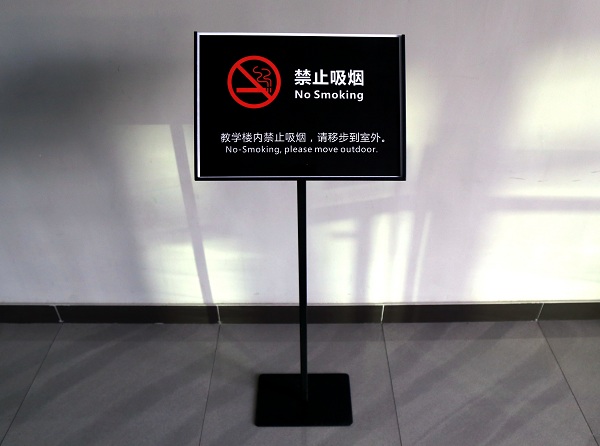
Sign of a complete ban on smoking
Referring to cleaning criterion of American Public Power Association (APPA), the property management team makes regular assessment to the building to ensure its cleanliness. In addition, PHBS has also adopted garbage classification and annual reclamation of waste paper, hence reducing the emissions of carbon dioxide by 18.6 tons each year.
Commented PHBS Dean Hai, “As a business school of Peking University, one of the most influential universities in China, PHBS not only shoulders the responsibilities to impart knowledge and educate people, but also should play leading roles in many aspects, including environmental protection.”
PHBS building
By Sophie Wu
Edited by Annie Jin





